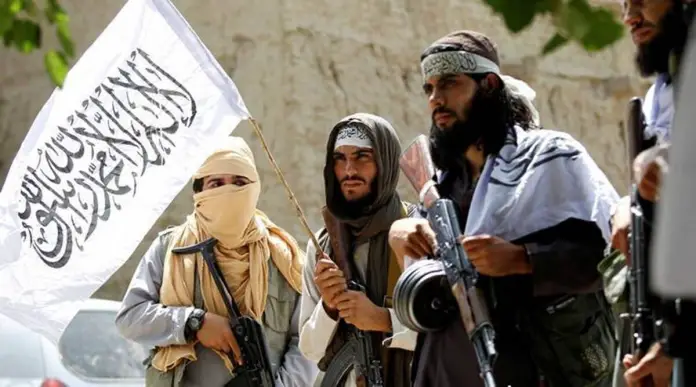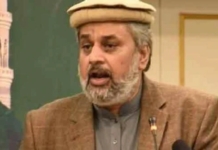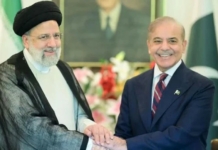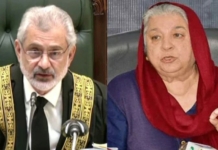Implementation of Deoband’s classic approach on the “nature of the state” could be instrumental to establishing peace and harmony in Taliban-controlled Afghanistan, believe some top clerics of the Islamic school of thought.
“Taliban could be pursued to build Afghanistan as per the nationalist ideas of leading Deobandi scholars of sub-continent like Imdadullah Muhajir Makki, Maulana Hussain Ahmed Madani, Maulana Ubaidullah Sindhi and many others,” says Lateefur Rahman Shah, a Hanafi Deobandi scholar from Raiwind who has widely travelled Afghanistan and enjoys relations with the top Taliban leadership.
Muslim scholars have long been referring to Dr Muhammad Iqbal and Madani’s “discourse on nationalism” as a major source to determine whether a state should be named after its majority population or be pluralist, staying away from religion. The debate between the two Muslim intellectuals of sub-continent initiated in 1930s. Majority of Deobandi scholars backed the latter’s opinion on the “nature of the state.”
Interestingly, Madani’s position throughout was to insist on the Islamic legitimacy of embracing a culturally plural, secular democracy as the best and the only realistic future for Muslims while Dr Iqbal insisted on a religiously defined, homogeneous Muslim society. Dr Iqbal is widely considered as a follower and preacher of Pan-Islamist ideas like those of Syed Jamaluddin Afghani, Syed Maududi, and al-Akhwan’s Syed Hasan al-Banna and Syed Qutab, though his son, late Javed Iqbal, claimed his father, in his prose and private discussions, suggested a Muslim state had no option but to follow the western model of democracy.
In 1937, Maulana Madani, the then principle of Darul Uloom Deoband India, at a political meeting in Delhi, said, “In the current age, nations (qaumain) are based on territory (autaan), not religion (mazhab).” Iqbal answered with a versified attack that suggested that Maulana Madani, who held the highest training in the classical Arabic disciplines, was principle of the most respected seminary in India and a scholar with fluent spoken Arabic, did not know Arabic and was ‘singing’ out heresy from a ‘pulpit’.
Lateef Shah claimed that a number of Taliban and Deoband students were even convinced with the thoughts of Javed Ahmed Ghamdi, a moderate Muslim cleric and advocate of secular state. “World should cooperate with them [Taliban] to end poverty and hunger in Afghanistan.” When asked about the concerns of the world about rights of women, minorities and other oppressed segment of the society, he said that Taliban were open for debate on the issue as they already allowed women to go to universities and were considering to permit them to participate in sports activities with some ‘conditions’ which, according to him, was a clear shift in the policy of Taliban 2.0.
Kul Masalik Ulema Board Chairman Maulana Muhammad Asim claimed a large number of the current Taliban leaders studied at famous Pakistani Deobandi madrassahs like Darul Uloom Karachi where they learnt the philosophy of nation state. Another religious scholar from Jamia Ashrafia said, on the condition of anonymity, that Taliban were not expansionists and were ready to cooperate with the modern world while “remaining within the limits of Islamic Shariah.”







